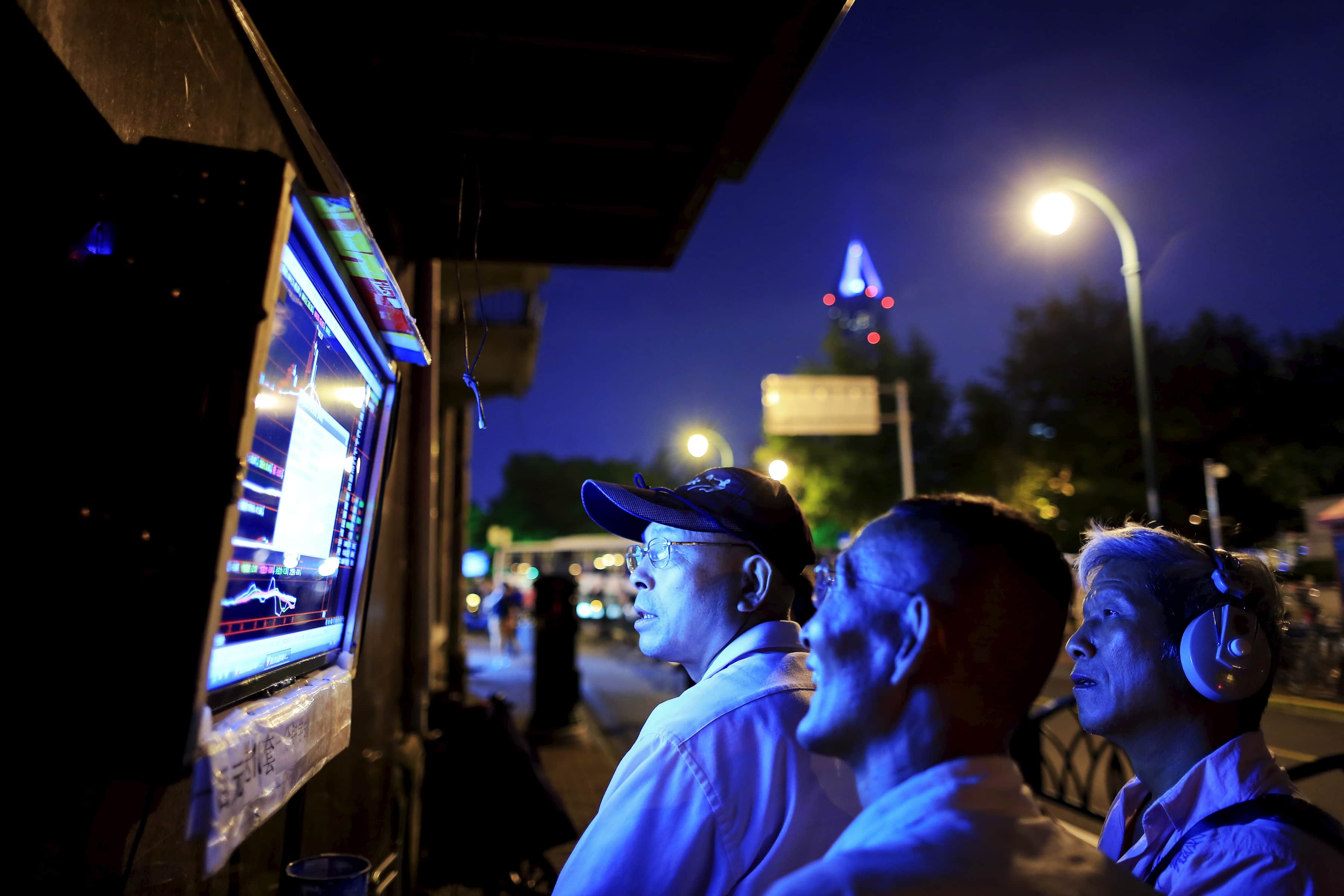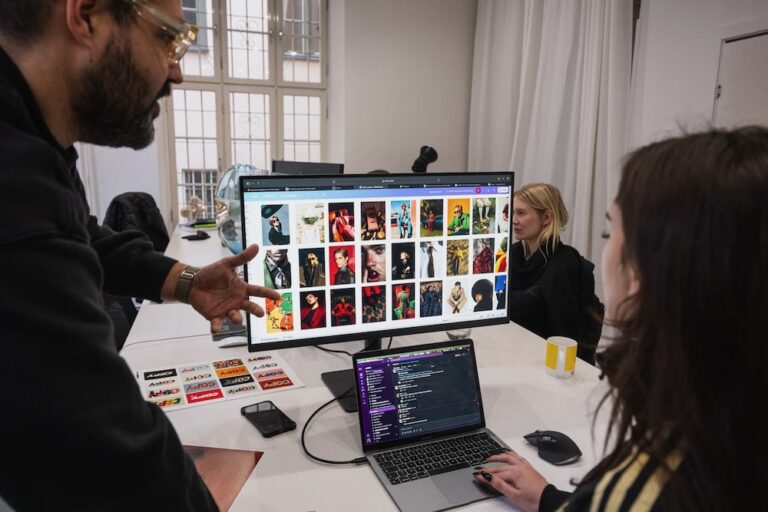Internet freedom around the world declined for the fifth consecutive year in 2015 as more governments censored information of public interest while also expanding surveillance and cracking down on privacy tools, according to Freedom House's "Freedom on the Net 2015" report.
Internet freedom around the world declined for the fifth consecutive year in 2015 as more governments censored information of public interest while also expanding surveillance and cracking down on privacy tools, according to “Freedom on the Net 2015”, released today by Freedom House.
“Governments are increasingly pressuring individuals and the private sector to take down or delete offending content, as opposed to relying on blocking and filtering,” said Sanja Kelly, project director for Freedom on the Net. “They know that average users have become more technologically savvy and are often able to circumvent state-imposed blocks.”
At the same time, encryption and anonymity tools crucial to securing freedom of expression were subject to restrictions worldwide.
“Undermining online encryption and anonymity weakens the internet for everyone, but especially for human rights activists and independent journalists,” Kelly said. “Privacy tools can help protect internet users from the kinds of abuse we document.”
The study found that over 61 percent of all internet users live in countries where criticism of the government, military or ruling family has been subject to censorship online, and over 58 percent live in countries where bloggers or ICT users were jailed for sharing content on political, social, and religious issues.
*Key Findings*
*Most censored topics: Criticism of the authorities was most likely to attract censorship or punishment. News about conflict, corruption allegations against top government or business figures, opposition websites, and satire were also subject to online censorship in over one third of the countries examined.
*Content removals increased: Authorities in 42 of the 65 countries assessed required private companies or internet users to restrict or delete web content dealing with political, religious, or social issues, up from 37 the previous year.
*Arrests and intimidation escalated: Authorities in 40 of 65 countries imprisoned people for sharing information concerning politics, religion or society through digital networks, up from 38 in last year’s report.
*Surveillance laws and technologies multiplied: Governments in 14 of 65 countries passed new laws to increase surveillance since June 2014 and many more upgraded their surveillance equipment.
*Governments undermined encryption, anonymity: Democracies and authoritarian regimes alike stigmatized encryption as an instrument of terrorism, and many tried to ban or limit tools that protect privacy.
China was the world’s worst abuser of internet freedom, followed by Syria and Iran.
Since June 2014, 32 of the 65 countries assessed in “Freedom on the Net” saw internet freedom deteriorate. Notable declines were documented in Libya, France, and-for the second year running-Ukraine, amid its territorial conflict and propaganda war with Russia.
Internet freedom saw its biggest gains in Sri Lanka and Zambia, which both experienced a recent change in government. Internet access became more affordable in Cuba after diplomatic relations were restored with the United States, but it remains out of reach for the majority.
To view the summary of findings, see the report.
To download a high resolution map of internet freedom, click here.



